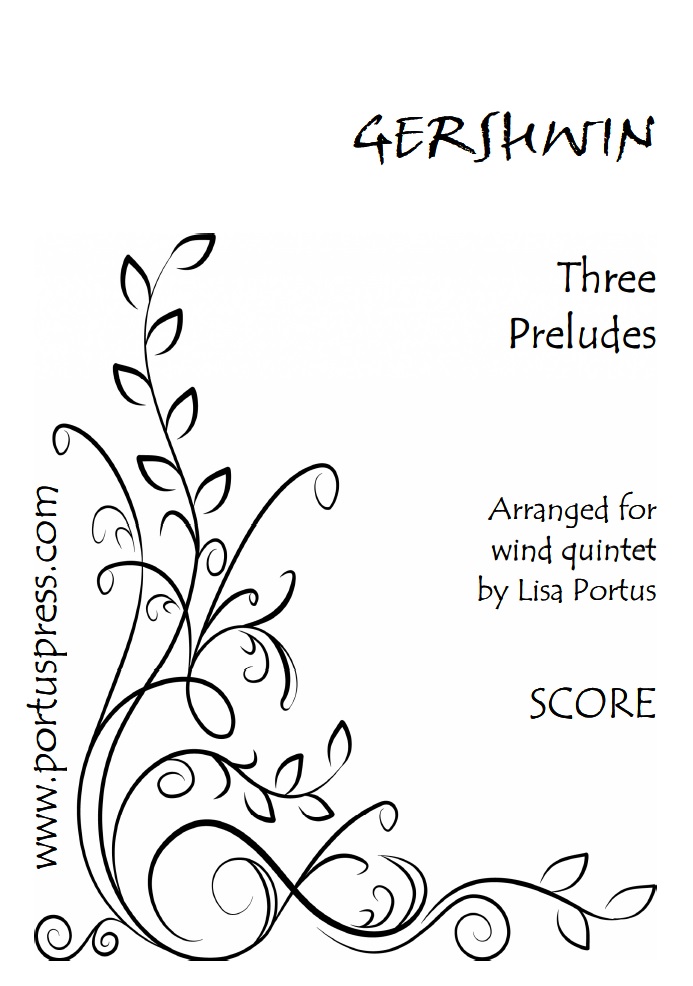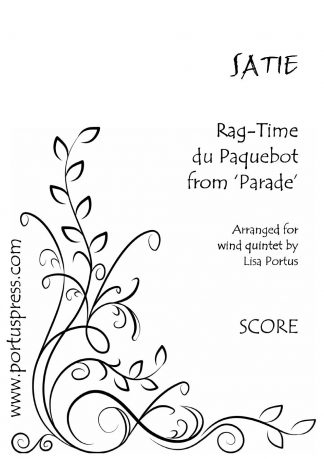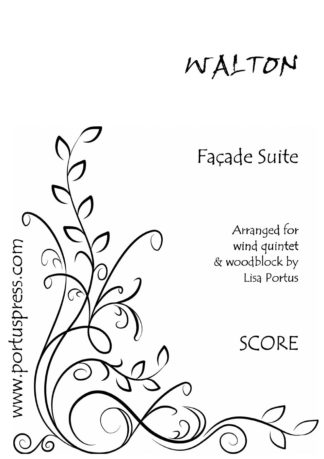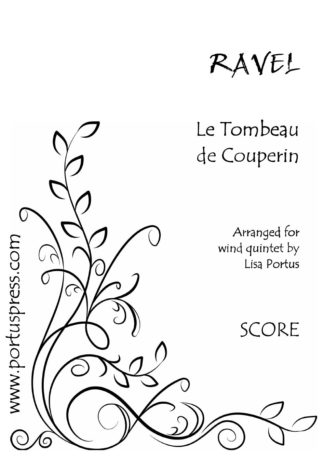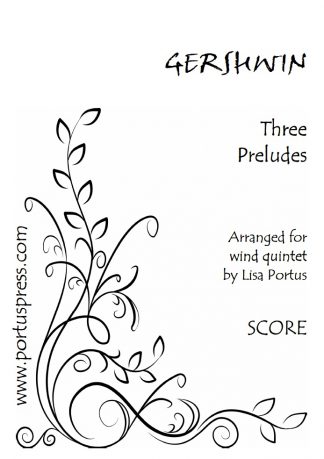Description
Gershwin himself gave the first performance of the Three Preludes in a recital at the Roosevelt Hotel in New York in 1926. He composed the piece for solo piano, hot on the heels of the hugely successful orchestral works Rhapsody in Blue, the Concerto in F and, like those works (and An American in Paris, which followed), the Three Preludes is a brilliant fusion of classical and jazz styles.
Originally there were to have been a set of 24 preludes, but this dwindled to three upon publication. They are dedicated to Gershwin’s friend and musical advisor, Bill Daly.
With its strong, syncopated rhythms the first movement has a strong jazz and ragtime feel and is almost entirely based on a five-note blues motif. Its harmonies would have sounded incredibly adventurous to the audiences of the time. Despite a slightly more upbeat middle section the second movement (which Gershwin described as “a sort of blues lullaby”) is slow and subdued. The tempo once again lifts for the third prelude – marked Agitato – with a major/minor battle culminating in a major victory.

